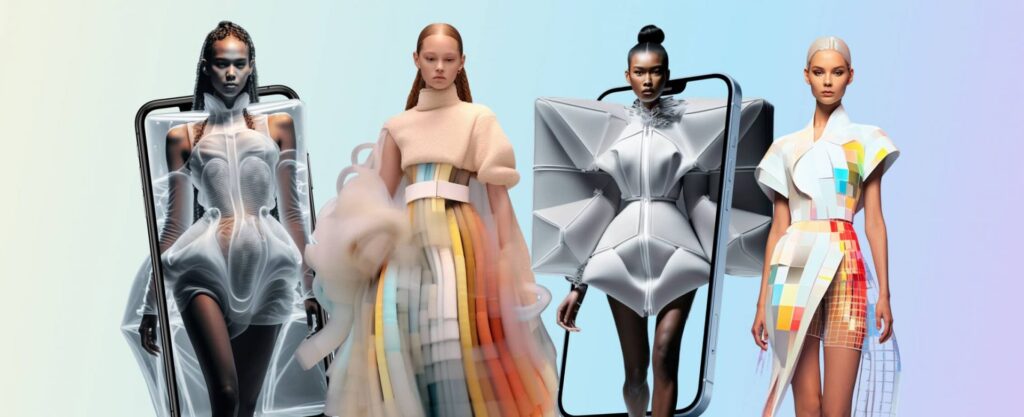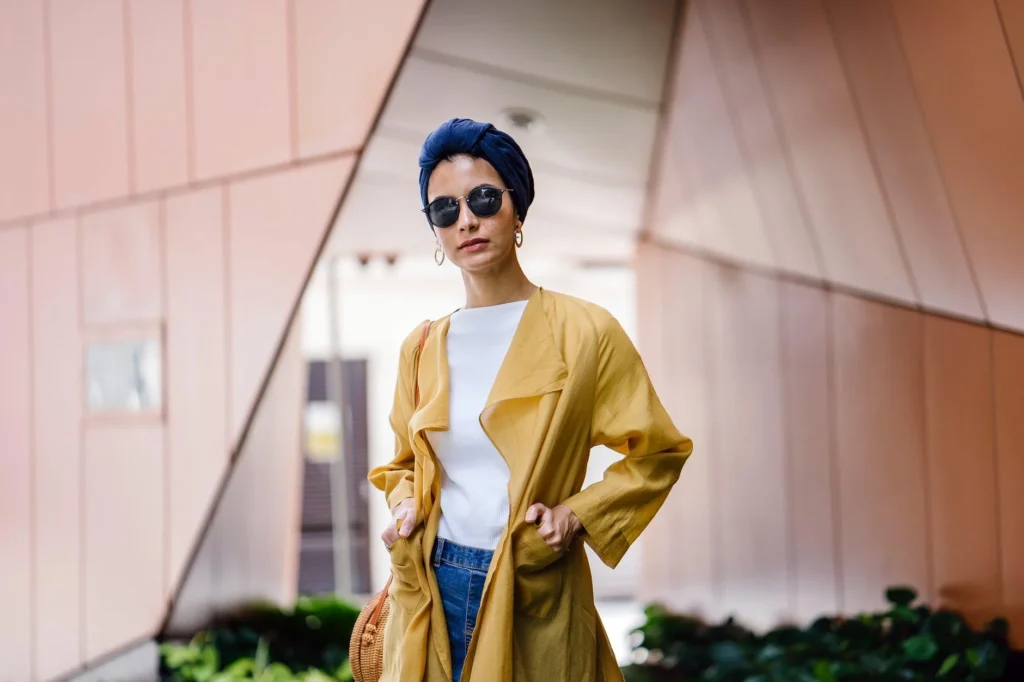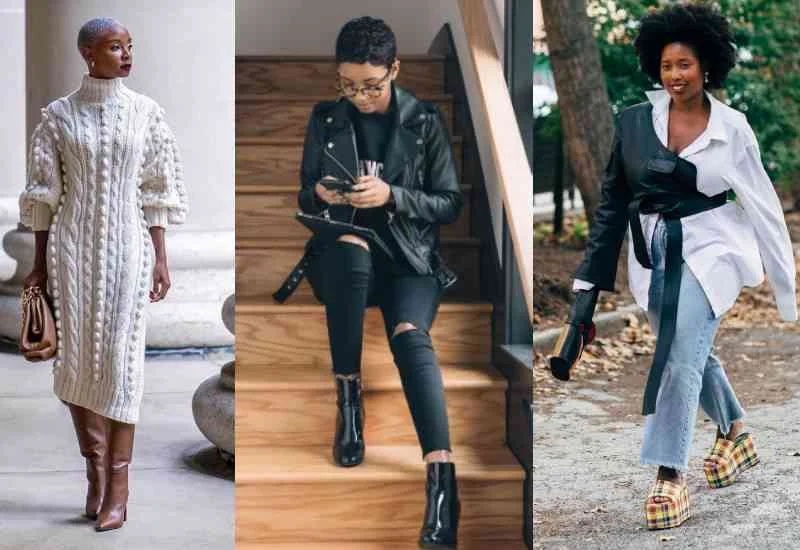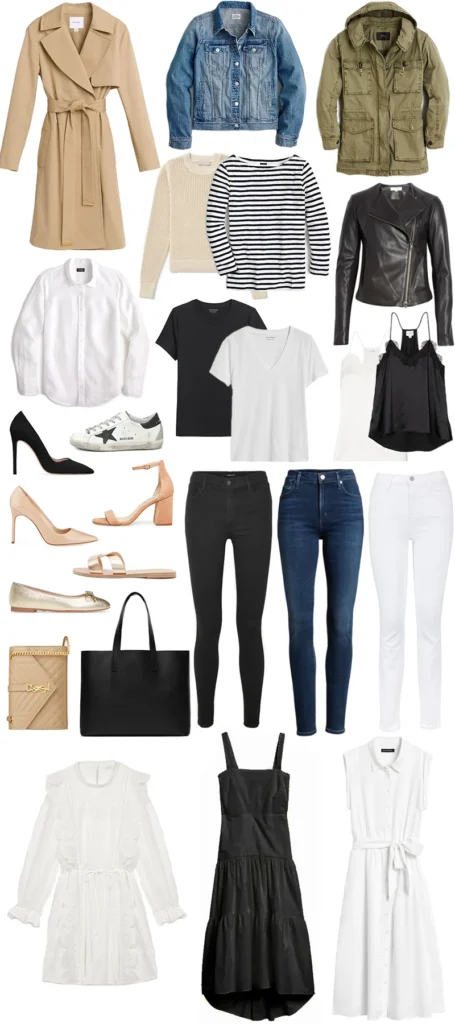The fashion industry is undergoing a transformative shift with the integration of artificial intelligence (AI) in design and retail. “AI In Fashion: Revolutionizing Design And Retail” explores how cutting-edge technologies are reshaping the way designers create collections and how retailers engage with consumers. From predictive analytics to personalized shopping experiences, AI is not just a trend; it is a game-changer that is redefining the landscape of fashion.
In this article, you will learn about the various applications of AI in fashion, including how machine learning algorithms are being used to forecast trends and optimize inventory management. We will delve into the role of AI in enhancing customer experiences through virtual fitting rooms and personalized recommendations, making shopping more intuitive and enjoyable. Additionally, we will discuss the ethical implications and sustainability aspects of AI in fashion, highlighting how technology can contribute to a more responsible industry.
As we navigate through the exciting developments in AI and fashion, you will discover insights from industry experts and case studies that illustrate the successful implementation of AI solutions. Whether you are a fashion enthusiast, a designer, or a retailer, this article promises to provide valuable knowledge and inspire you to embrace the future of fashion. So, read on to uncover the revolutionary impact of AI in the world of design and retail!
Artificial Intelligence (AI) is transforming the fashion industry in unprecedented ways. From design to retail, AI technologies are enhancing creativity, improving efficiency, and personalizing customer experiences. This article explores various aspects of how AI is revolutionizing fashion.
AI-Driven Design Innovation
AI is reshaping the design process by enabling designers to create innovative patterns and styles. Machine learning algorithms analyze vast datasets of fashion trends, historical designs, and consumer preferences to generate new design ideas. This not only accelerates the creative process but also helps designers stay ahead of trends.
Moreover, AI tools can simulate how fabrics will look and behave, allowing designers to experiment with materials and styles virtually. This reduces waste and enhances sustainability in fashion design, as designers can make informed decisions before producing physical samples.
Personalization and Customer Experience
One of the most significant impacts of AI in fashion is the ability to offer personalized shopping experiences. AI algorithms analyze customer data, including browsing history and purchase behavior, to recommend products tailored to individual preferences. This level of personalization increases customer satisfaction and loyalty.
Additionally, virtual fitting rooms powered by AI allow customers to try on clothes digitally, reducing the likelihood of returns and enhancing the online shopping experience. By integrating AI into customer service, brands can provide instant support and recommendations, further improving engagement.
Supply Chain Optimization
AI technologies are streamlining supply chain operations in the fashion industry. Predictive analytics help brands forecast demand more accurately, allowing them to manage inventory effectively. This minimizes overproduction and reduces waste, contributing to a more sustainable fashion ecosystem.
Furthermore, AI can optimize logistics by analyzing shipping routes and delivery times, ensuring that products reach consumers quickly and efficiently. This not only enhances operational efficiency but also improves customer satisfaction through timely deliveries.
Trend Forecasting with AI
AI is revolutionizing trend forecasting by analyzing social media, fashion shows, and consumer behavior to predict upcoming trends. Machine learning models can identify patterns and shifts in consumer preferences, enabling brands to adapt their collections accordingly.
This data-driven approach to trend forecasting allows fashion brands to make informed decisions about design and marketing strategies, ensuring they remain relevant in a fast-paced industry. By leveraging AI, brands can stay ahead of the competition and meet consumer demands more effectively.
Sustainable Fashion Practices
As sustainability becomes a priority in the fashion industry, AI is playing a crucial role in promoting eco-friendly practices. AI technologies can analyze the environmental impact of materials and production processes, helping brands make more sustainable choices.
Additionally, AI can assist in recycling and upcycling efforts by identifying materials that can be repurposed. This not only reduces waste but also encourages a circular economy in fashion, where products are designed for longevity and reuse.
Enhancing Retail Operations
AI is transforming retail operations by automating various processes, from inventory management to customer service. Chatbots powered by AI can handle customer inquiries, providing instant support and freeing up human resources for more complex tasks.
Moreover, AI can analyze sales data to optimize pricing strategies and promotional campaigns, ensuring that retailers maximize their revenue while offering competitive prices. This data-driven approach enhances overall retail efficiency and customer satisfaction.
Virtual Fashion Shows and Experiences
The rise of virtual fashion shows, facilitated by AI and augmented reality (AR), is changing how brands showcase their collections. These digital experiences allow brands to reach a global audience without the constraints of physical events.
AI can enhance these virtual experiences by creating immersive environments and interactive elements that engage viewers. This innovative approach not only broadens the reach of fashion brands but also provides unique experiences for consumers.
The Future of AI in Fashion
As AI technology continues to evolve, its impact on the fashion industry is expected to grow. Future advancements may include even more sophisticated algorithms for design, enhanced personalization techniques, and improved sustainability practices.
Fashion brands that embrace AI will likely lead the way in innovation, setting new standards for creativity and efficiency. The integration of AI into fashion is not just a trend; it represents a fundamental shift in how the industry operates and engages with consumers.




